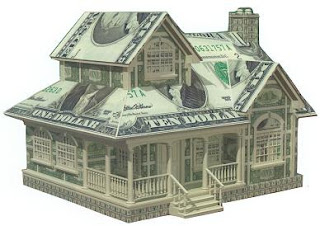First and foremost, know what the comps are going for in the area. I'm not talking about just the comps of other fixer-uppers but also know the comps of what these houses are worth after a rehab job has been done. This is essential because this is where you're going to find out what your ROI looks like. My rule of thumb with real estate investing is you always want an ROI greater than 15% on a flip. There are much simpler investment vehicles where you can achieve an 8% return with not as much risk.
Second, know how much money will be put into the rehab job to get the house into a condition where it can be sold. Now, before putting in an offer I HIGHLY recommend having a contractor come out to the property to give you an estimate on how much work needs to be done so you know exactly how to position your offer. However, if you're running through a ton of potential properties with buyers like I've been doing lately, use a simple spreadsheet to estimate roughly how much money will be put into the property. This is a spreadsheet I made with prices based off of home depot to give my clients and estimate of how much work we're looking at.
Before submitting the offer, make sure that you run a thorough investment analysis because you do not want to have a "dog" (an investment that's not profitable) on your hands if the offer is accepted. Make sure to take all factors into consideration when running this analysis. Account for everything from mortgage/closing fees, rehab expenses, prorated property taxes, recording fees, time value of money and any other expenses you come across. On the sales side you're including sale price minus realtor commission, realty transfer tax, property taxes, attorney's fee, etc. A general rule of thumb is to always inflate expenses 10% because you're bound to miss something.
When it comes time to submitting the offer, it is absolutely necessary to submit this offer in person to the listing agent and owner of the property. When you're going to buy a property with the intentions of a flip you must show the agent/owner how you came up with your offer number because usually it will be extremely low. Included in this offer presentation should be the comps of similar homes in the area, the comps of homes in the area after the rehab work has been done, an estimate from a contractor, and your investment analysis showing how much you plan to profit on this property. Just a little tip of advice if you plan on profiting 50% ytd, the seller is probably not going to take you seriously.
Working with investors can at times be hectic because of the sheer volume of offers you'll have to submit but if you can establish your self as an investors specialist you'll have a nice source of recurring business. If you'd like me to forward along my investors spreadsheet please e-mail me KyleKovats@gmail.com.
- Kyle Kovats, New Jersey Realtor







